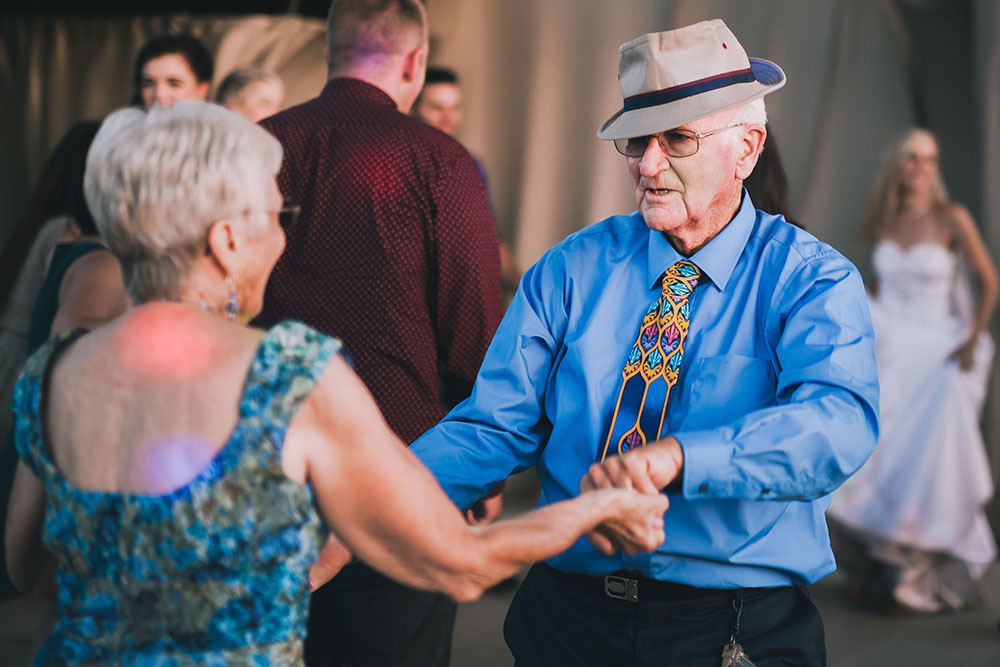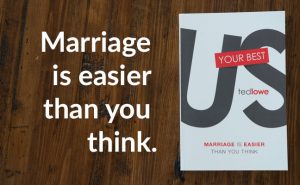There are a lot of marriage statistics out there. Stats are great for providing a big picture context. But they can also misrepresent marriages. Because each individual marriage is more than just another number.
Every marriage is unique. Every marriage is a story.
Stories Have Characters
One thing we can all remember about stories is that they feature characters. Great stories have great characters. The better the character, the better the story.
Marriages have characters, too. Most marriages have two main characters—you and your spouse. Both of you are unique characters with different backstories and quirks. Some of you probably wish your spouse was a little less of a character.
Remember that all characters have a unique perspective on the story. They see narrative events differently. They’re motivated by different things. This is also true of you and your spouse. Don’t forget to take their point of view into account when writing the story of your marriage.
Stories Have Conflict
We often forget one feature nearly every story has in common—conflict. Whether it’s external or internal, conflict is what makes a story worth telling. It’s the tension that drives the action and shapes the characters.
As human beings, we don’t particularly like conflict—especially not in our marriages. And thankfully, our marriages are more than just arguments and strife. But we have to realize that conflict is an inevitable and meaningful part of our marriage.
Two people who live together and share that much time together are going to conflict with one another. Most couples argue—and that’s OK. That’s part of the story. Face conflict with the knowledge that it’s normal and is worth overcoming together.
Stories Have Change
Although stories feature conflict, they also feature change. The characters in a story often develop as a result of the conflict, enabling them to find a resolution. The most memorable characters are often those whose transformation is the most dramatic.
Change is a inevitable and important part of our marriages, too. Any marriage that lasts any length will experience change—buying a house, switching jobs, having kids, deaths in the family. Our lives change and our marriages must adapt to match them.
Stories change because characters change. Often, we change as a result of the conflicts we encounter. A marriage brings two distinctly different people together. If we don’t alter the selfish and single parts of our character, the story of our marriage will be dull and short lived.
We can’t always expect a fairytale ending. But living happily ever after is still something to shoot for.
The Original Storyteller
I’m fascinated by stories, which is one of the main reasons I recently published a book all about becoming a better storyteller, called The Original Storyteller. It’s a 30-day devotional that helps you walk through the most important features of a story and shows how you can improve those skills.
You better believe that I dedicated the book to my wife, Victoria—because she graciously put up with me and all the time and energy it took to self-publish my first book. I encourage you to check it out and read it with your spouse. Hopefully it will influence the story of your marriage for the better.






of course every marriage is a story because , in my point of view , it tells us about what the couple have experianced during their time togather